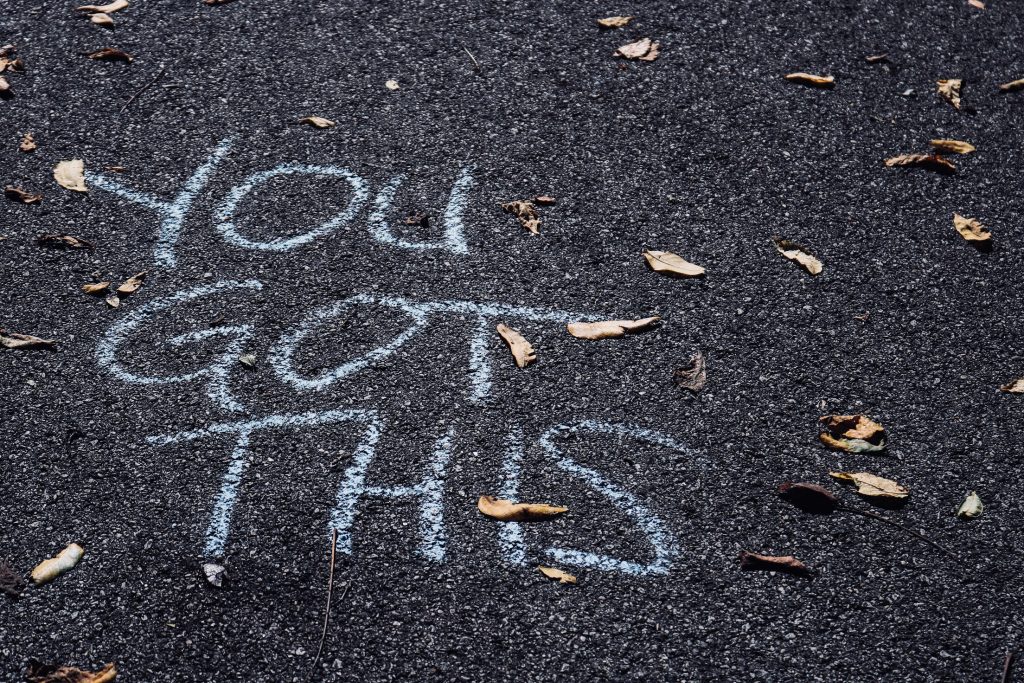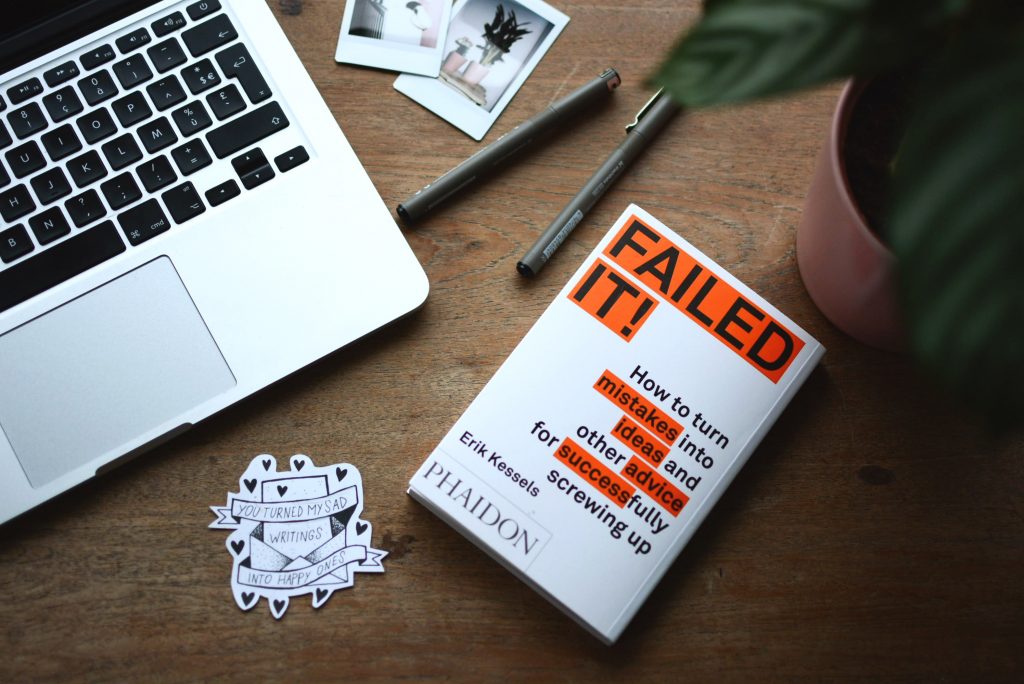
I’ve always been the good girl. At school I was the perfect student, never getting into any trouble. I think I got told off for talking just the once, and that was because a friend had asked me something. That’s it. That’s as bad as it gets. No acting up, no risk taking.
I didn’t have a rebellious streak. As a typical moody adolescent the worst that happened was me coming home later than expected – from my best friend’s house down the road. All very innocent. I think that happened just the once. Really.
School, university, early jobs, I always did what was expected, completed things on time, got on with everyone. I was reliable, studious, I did what I was told.
Choose yourself
As I’ve gotten older I’ve developed more of a rebellious streak. I think it started with leaving a job I’d had for 10 years. After years of doing my best, complying to the job, fitting myself in, I’d had enough. Of being the perfect employee, moving up the ranks, playing the game, working in an environment that didn’t suit me.
I know how it feels to feel trapped, like an imposter, frustrated with yourself and with your life. Doing a job you once loved, and that now just doesn’t feel good.
I now know what it takes to choose yourself, to let out your rebellious side. To take risks. To go with your heart.
Take a risk
At one point during my years of moaning about wanting to leave that job, my cousin said to me, “just leave”. What?! Impossible. You can’t just leave a job like that. And I don’t know what I really want to do! Where would I go?
But she was right. It’s a choice to stay stuck in a job you hate. It’s a choice. You can stay or you can go. The easy option is to stay, as much as you dislike it, because it’s what you know. It’s familiar. Those feelings of frustration and powerlessness become normal. Despairing at your life – happens every day.
However, to make that choice, and choose yourself and what you really want to do? Now that’s an amazing feeling. To decide what’s best for you, and you only. To finally bring out your rebellious side, and go against the norm.
Yes have a back up. Make sure you have savings. Have a plan B. Maybe don’t quit your job without having another lined up like I did. But do realise that you can take a risk.
It’s exciting – life – it’s a game. You don’t have to do what’s expected of you.
***
If you’d like to have a coaching session with me, I’ve recently launched 1-hour Get Unstuck! calls. Designed to get you taking action straight away. And breaking through whatever’s stopping you from getting where you want to be. Email me at joaopoku@gmail.com to arrange.
Photo by Johnson Wang on Unsplash




